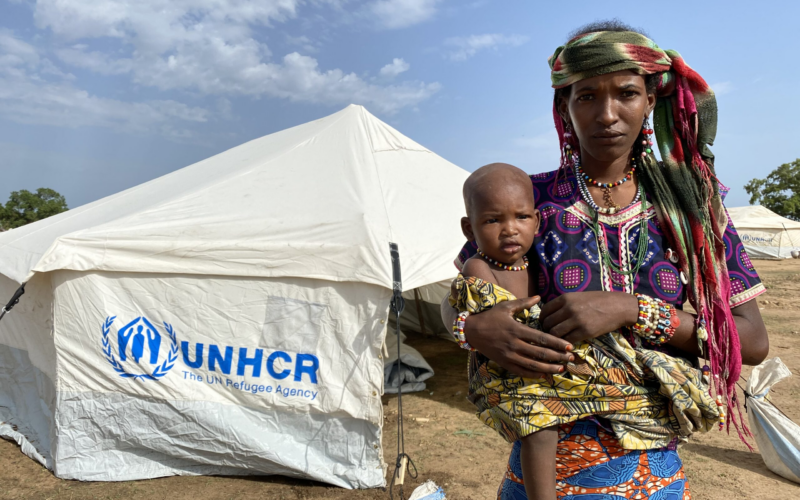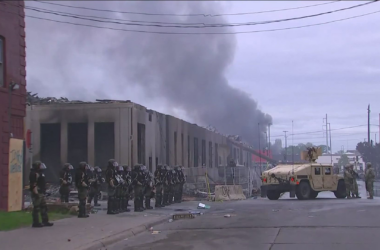Rwanda has strongly denied allegations by the United Nations High Commissioner for Refugees (UNHCR) that asylum seekers deported from the United Kingdom to Rwanda could face onward deportation to countries where they might be at risk of torture or death. The accusations were made during a legal challenge to the UK’s controversial refugee relocation plan.
The UK’s policy to send asylum seekers to Rwanda has faced significant legal obstacles since its inception. The plan, introduced by Prime Minister Rishi Sunak’s government, aims to deter migrants from making dangerous journeys across the English Channel. Despite ongoing challenges, the Conservative Party has pledged to proceed with the policy if it secures victory in the upcoming general election on July 4.
In the latest legal proceedings, UNHCR’s legal representatives argued that Rwanda’s asylum system is insufficient to protect those relocated from the UK. They warned that refugees could be exposed to refoulement, a prohibited practice where individuals are returned to countries where they could face severe harm. This claim is based on previous evidence cited by the British Supreme Court, which ruled the British plan unlawful last year.
The UN agency expressed concern that the UK-Rwanda agreement effectively shifts the responsibility for asylum decisions and refugee protection away from the UK.
Rwanda responded sharply to these allegations, accusing UNHCR of spreading false information. In a statement issued on Wednesday, the Rwandan government described the allegations as “wholly unserious” and emphasized that UNHCR’s claims were contradictory given the agency’s ongoing collaboration with Rwanda to resettle African migrants from Libya.
Rwanda argued that the cases highlighted by UNHCR involved individuals who either did not meet Rwanda’s entry requirements or left the country voluntarily. The Rwandan government maintained that its asylum procedures were robust and compliant with international standards.
Monday’s court hearing in the UK, where UNHCR was allowed to intervene, represents just one of many legal battles surrounding the deportation policy. Earlier, the FDA trade union representing UK civil servants had also challenged the plan, with the verdict on that case still pending.
The debate over the policy has intensified ahead of the July 4 general election. While the Conservative Party vows to continue the deportation scheme, the opposition Labour Party, led by Keir Starmer, has promised to abandon the plan if it wins the election.
The dispute highlights broader concerns about the ethics and effectiveness of refugee relocation agreements and raises questions about international responsibility in asylum cases. The legal and political outcomes of this controversy could set important precedents for how countries manage asylum seekers and refugees in the future.
The case continues to unfold, with both the UK’s domestic political context and Rwanda’s international standing in focus as the debate progresses.








